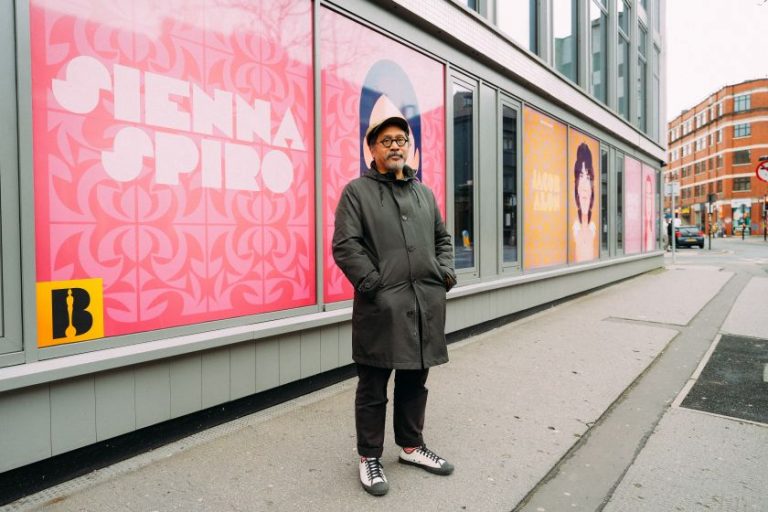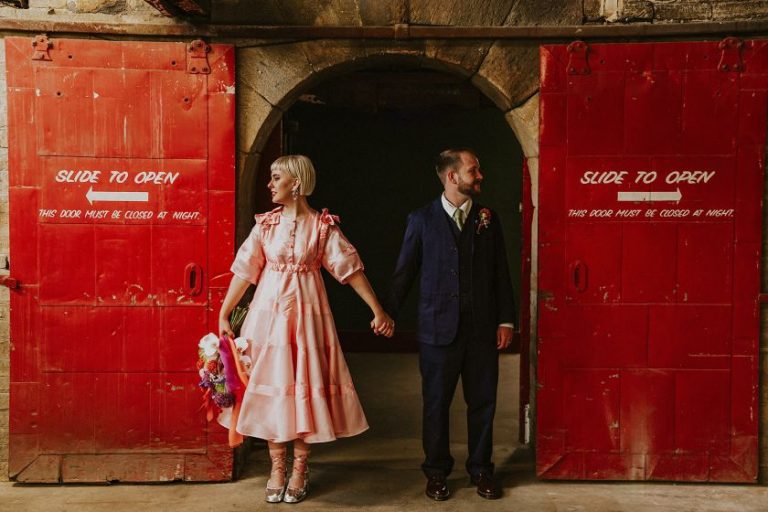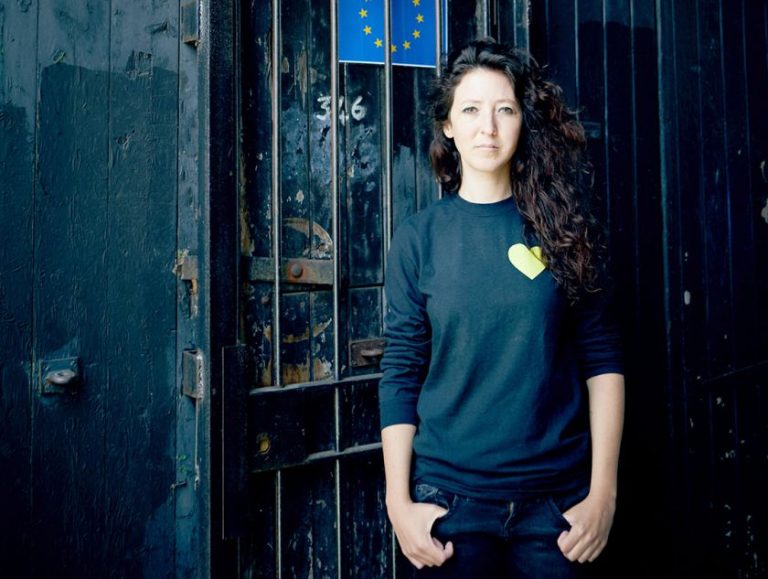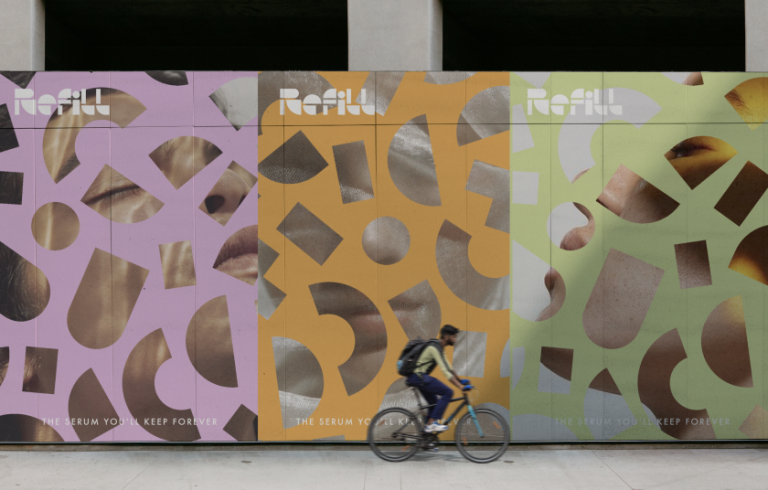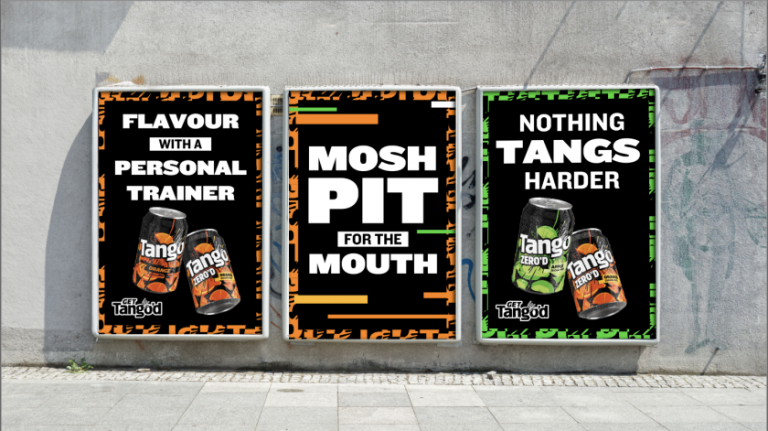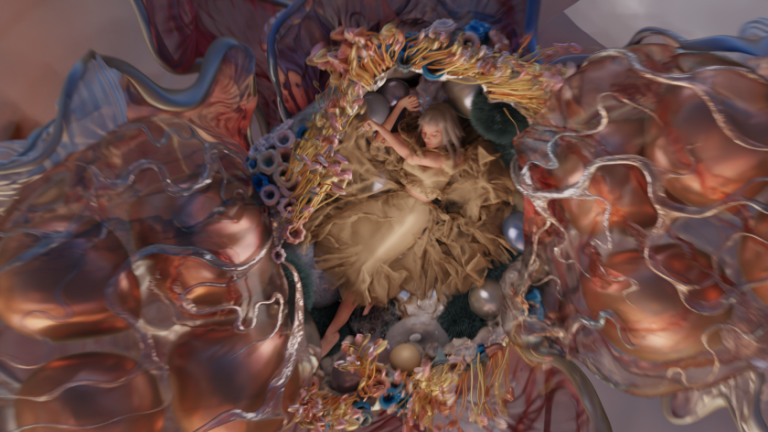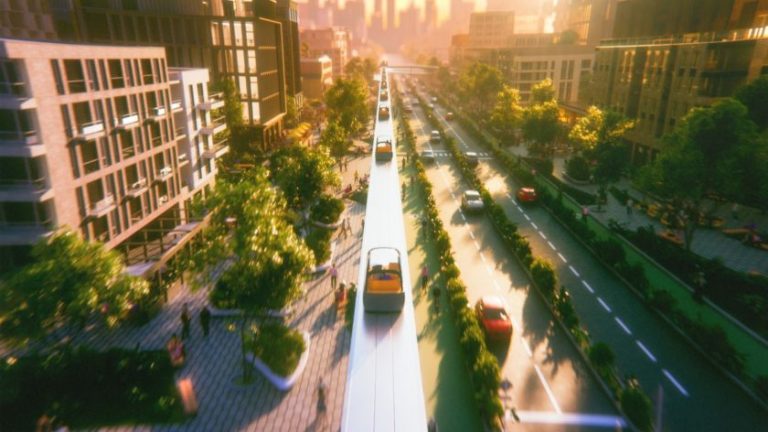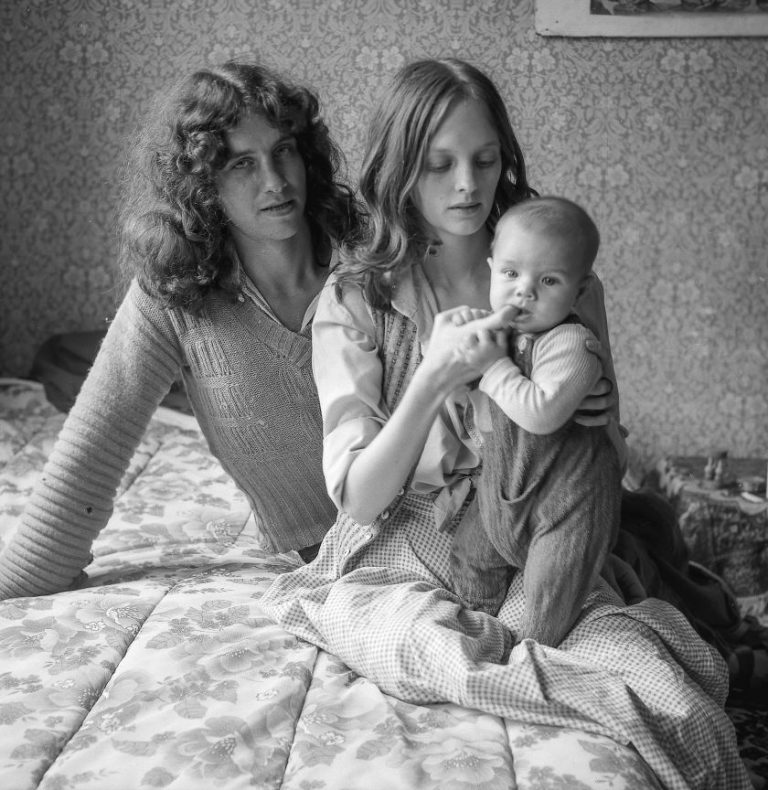Breadstall’s disruptive identity firmly places it in the subcategory of new-wave pizza restaurants emerging across the capital, but its bakery-style brand differentiates it even further.
If you’re a Londoner, you’ll definitely have heard of Breadstall, one of the most popular food vans in south-west London. Since 2008, queues have formed along Northcote Road full of people eager for a slice of their twice-baked, slow-fermented biga dough pizzas.
Biga is an Italian pre-ferment, or yeast starter, used to make bread and pizza dough. It results in a more complex, slightly nutty flavour and light, open texture, which helps with consistency. So yes, it’s a really great pizza that’s worth the wait.
The brains behind this Biga creation—Honest Burgers co-founder Dorian Waite and baker Sebastian Vince—aspired to turn their pizza van into a brand that could compete in the crowded Quick Service Restaurant (QSR) sector. London-based design agency Without was brought on board to prepare the identity for moving from single-site retail into one of London’s most crowded sectors.
Since the sector is saturated with trippy pizza dudes, US East Coast nostalgia, and recreations of Napoli, Without wanted to recreate the open, welcoming feel of a bakery for Breadstall’s first city-centre site on Berwick St, London. Its new identity seeks to highlight its point of difference, repositioning its team from pizza makers to pizza bakers who are part of a new wave of British pizza restaurants coming to the high street.
“We’d been looking for a robust high street food concept to work on, as some of our favourite projects have been progressive food brands, and this sector had understandably stalled following the pandemic,” says Without design director Jonathan Jarvis. The rest of the design team only had to try Breadstall’s pizza to be convinced that it had potential.
While Breadstall has been around for 16 years, the van was just a vehicle for the product, so its visual identity had minimal assets. Jarvis says, “We were tasked with creating a brand that would help Breadstall grow, starting with the first restaurant on Berwick Street.”
You only have to walk the streets of Soho to realise how big the pizza sector in London actually is. Without’s ambition for Breadstall was to put it up there with the likes of Crisp (a pizza restaurant in a pub) and Yard Sale, two viral pizza joints that are known for creating the ‘mongrel’ of pizza by taking the best practices and styles and combining them to make something new.
However, the studio wanted to take it even further when it came to differentiating them, doubling down on Breadstall’s methodical approach to a great product and repositioning them from pizza makers to pizza bakers.
“We leant heavily into the meticulous world of the baker, taking inspiration from the visual language of flour mills, bakeries and craft,” Jarvis reveals.
Jarvis remembers co-founder Vince being adamant about the idea of “one thing done well” when it comes to pizza, and so Without took inspiration from this line of thinking for the graphics. “We created a new ‘biga’ logo that is bold, confident, and straight-talking with a monogram to match,” says Jarvis.
He adds, “The grotesque powerhouse that is Caslon Doric is used for the confident typography throughout and is a beautiful blend of function and character”.
A series of simple shape illustrations inspired by the product and how it’s served—by the quarter, half, or whole—are also used across the brand. Jarvis explains that they are “a versatile tool for telling the core story” that can elevate comms in a bold, recognisable way.
On the verbal identity, Jarvis describes Breadstall’s tone of voice as “‘floury’, not ‘flowery'” and as “direct, human and functional, just like a baker.”
He says, “Distilling a brand’s charm that originates from a food van and translating that essence into a bricks-and-mortar space is always going to be hard.
“With such a devoted fan base, you want to do it justice and ensure it still feels as great as the original.”
The result is a restaurant that replicates the openness and transparency of the original van.

